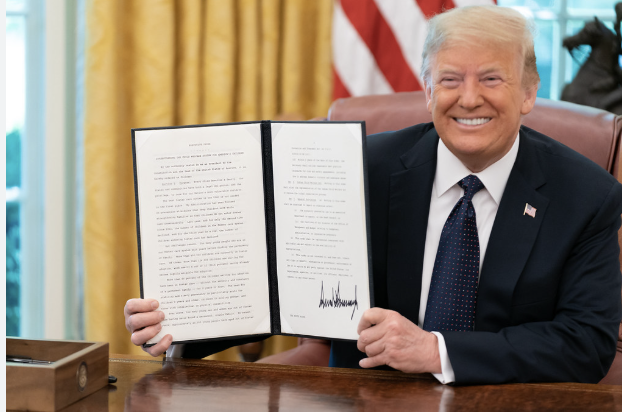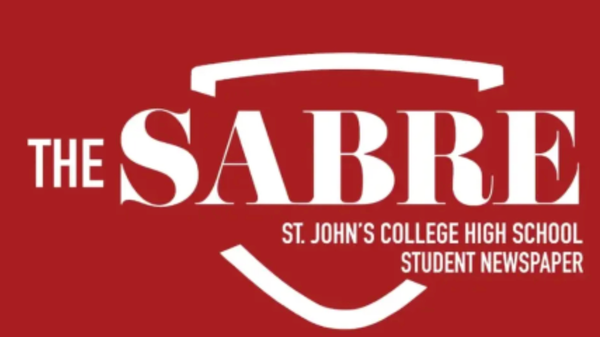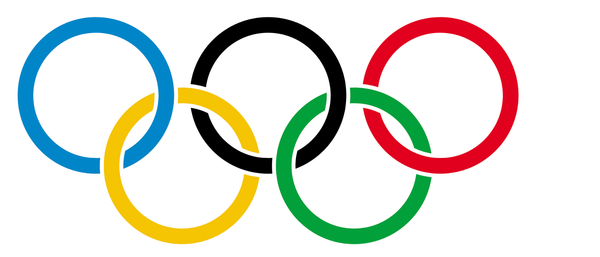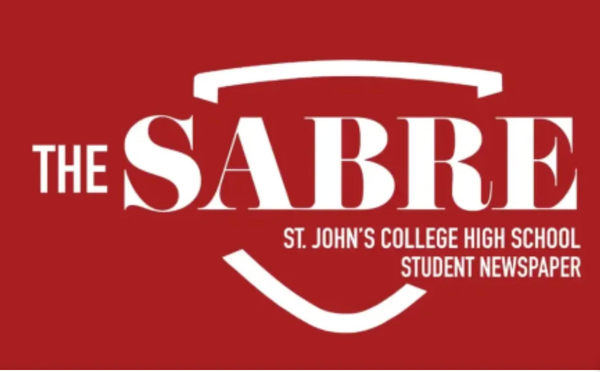Donald Trump's First Executive Orders of his new term

On Jan. 20, 2025, Donald Trump was inaugurated for his second term as president. During his inaugural address, Trump reiterated many of the promises he made to the American people during his campaign. Following the ceremony, at a rally held at Capital One Arena, he signed nine of his proposed 200 executive orders, addressing social, environmental, and immigration issues.
Executive orders enable the president to exercise authority without requiring congressional approval. They are intended to manage the executive branch and address pressing issues. However, critics argue that executive orders can overextend presidential power. Historically, presidents have used executive orders to undo policies implemented by their predecessors, though Congress and the courts can overrule such actions. Trump’s reliance on executive orders is directly tied to his campaign promises to voters.
One of the first orders Trump signed was titled “Putting America First in International Environmental Agreements,” which formally withdrew the United States from the Paris Climate Agreement for a second time. Trump took similar action during his first term. The Paris Agreement, signed by nearly 200 countries, aims to limit global temperature increases to below pre-industrial levels. Supporters of Trump’s withdrawal argue that the agreement imposes unnecessary financial burdens on the United States. Critics contend that the decision has far-reaching consequences, including increased global emissions, economic isolation, and diminished U.S. credibility in global leadership. Additionally, the move risks the U.S. falling behind in the global green economy and reducing efforts to transition businesses to renewable energy.
Another order withdrew the U.S. from the World Health Organization (WHO), a decision with significant implications. Critics argue that the withdrawal will limit U.S. access to information about emerging global health threats, increasing the country’s vulnerability to pandemics such as bird flu. Additionally, the move reduces U.S. influence on global health policies, hindering its ability to collaborate on international health crises. Public health initiatives, including vaccination programs and vaccine development, are also likely to be disrupted, compromising both domestic and global health efforts.
Trump also signed an order revoking Diversity, Equity, and Inclusion (DEI) initiatives across government and other sectors. Critics warn that this action could reduce opportunities for historically underrepresented groups in education, employment, and government programs, potentially widening economic disparities. Businesses that prioritize DEI policies may face challenges adhering to new government directives, creating legal uncertainties. “This week I will also end the government policy of trying to socially engineer race and gender into every aspect of public and private life,” Trump said during his inaugural address. “We will forge a society that is colorblind and merit-based.” Critics argue that the order undermines the U.S.’s reputation as a global leader in promoting equality and inclusivity.
Finally, Trump announced an attempt to sign an executive order challenging the Fourteenth Amendment, which guarantees birthright citizenship. This landmark amendment in the Constitution ensures citizenship for individuals born in the U.S., regardless of their parents’ immigration status. Critics argue that such an order is unconstitutional and will face significant legal challenges. Supporters claim it addresses issues related to illegal immigration. However, opponents contend that the order unfairly targets children of undocumented immigrants and could have harmful implications for immigrant populations in the country.



